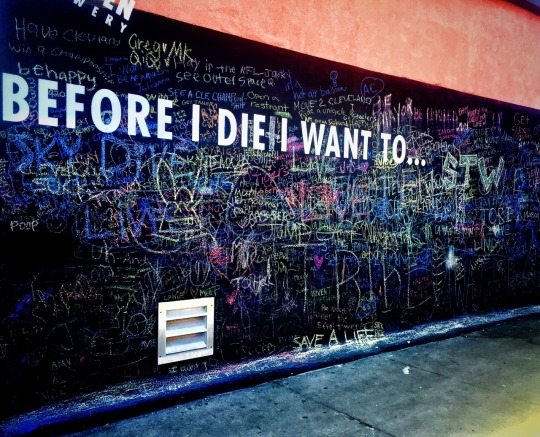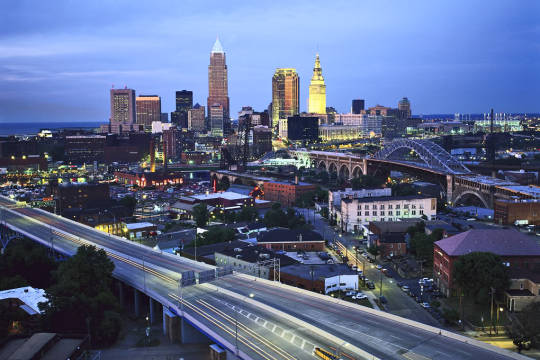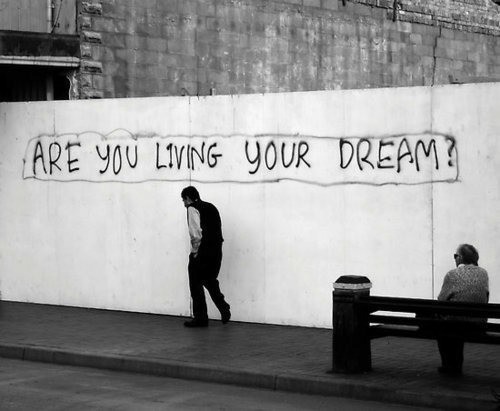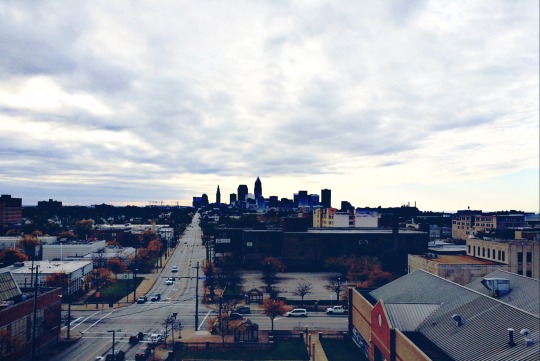Humanitarianism
Truth - Giving has to cost you something; time, energy, or something material. Sacrifice is inherent to giving, It is only by giving that get something. That something is exponentially more important than the that you incurred. It is the difference you made is someone else's life and subsequently your own. This notion of community service as being selfless is untrue. Community service is about building connection and this idea of detached philanthropic efforts is part of the problem. This is humanitarianism.











This season and beyond I challenge you to engage in some meaningful community service for you first and foremost, not to feel better about yourself, or to serve as a reminder to be grateful for what you have (you should do that anyway) but because connection is what we need as people. Forget requirements or keeping up appearances, do something for yourself by doing something for someone else. Find something that you genuinely care about and follow it through. My thing has been mentoring with Big Brothers, Big Sisters. Search your local united way, volunteermatch, or a specific non-profit group, house of faith, etc. Check your towns website for volunteer opportunities, find your humanity, and become a humanitarian. X
"The humanitarian lays stress almost solely upon breadth of knowledge and sympathy." Irving Babbitt


It's the season where our morality apparently starts to kick in because the jingling bells of donation cans, gift drives, soup kitchen serving, food pantry stocking, retirement home card making and all the rest become abundant. In our oblivious excess, we somehow see the poor, the hungry, and the homeless. I struggle living in a city when it comes to giving money to those who are begging for it. I wonder if I am just enabling them to continue bad habits or am I making a difference. I settle upon knowing that I have given, and whatever they do with it is up to them. The more I think about it though, it makes me realize that I don't want to supply temporary fixes but repair institutions, systems, and give aid that changes permanently. Personally, I believe we're obligated and require the powerful experiences that community service provide. It's more than privileged suburban teens on mission trips to nondescript African villages of impoverished children with a heavy dose of white savior complex (in fact voluntourism defeats the purpose), and fraternities/sororities raising money through outdated gender stereotyped pageantry for causes they can't even name. It's deeper than entering credit card information for some ambiguous "children" with an ailment that you have no clue about. It's beyond raking leaves, picking up trash, or building houses. It's all about people. Humanitarianism has human in it for a reason. So many thing divide us politics, socioeconomic status, education, physical barriers, and social identities. Community service is where people from all facets of life come together to bond of their common identity as human beings.
One of the things that has always concerned me in general, but even more so in the setting of a college campus, is attitudes toward community service. Outside of fraternity/sorority life, students who participate in community service initiatives may not always be as visible and they deserve to be. While community service may not be about the recognition, it is imperative that those that do know that their work matters. That first group though, in my experience, often demonstrates some of the most problematic ways of approaching community service, and that's coming from a committed lifelong fraternity man. Making community service required seems to, more often that not, bring out negative attitudes and make it a chore instead of a true privilege for human connection. These are the times where students drop in, log their hours, stick to themselves, and leave patting themselves on their back as if they changed the world but left unchanged themselves. They have completed missed the point and most glaringly the people - the humanitarianism.



Community service is oh so very important. It is a social work. The social portion is sincerely significant and often overlooked. It is the opportunity for people to build relationships with their community, and those within it. We live in a society but operate as if we exist in isolation. Reaching out also means clasping on to someone else. Not only do you pull them up, but you bring them with you. You are implicated in commmunity service, and that is a good thing. Just as you are impacting the life of someone else, they are doing the same to you. You are recognizing the humanity of a person, and they you. It is a deeply personal experience, if you allow it to be.
What stops us from doing community service? We claim we don't have time, that we don't know where to get involved, or what we would be most invested in doing. The harsh reality is we may just not care. Words can only mean so much, this is an actionable item. We cannot complain or feel bad for people who are homeless, require government assistance, or who have disabilities among so many other causes, issues, and personhoods when we have the chance to aid. Sympathy is distinctive from empathy, the former is feeling for someone versus the latter as feeling as someone else. Sympathy often comes from a place of belittlement, even when intentions are benign. We have to give ourselves, and just like we expect those we seek to help to open their lives to us as well. We have to help, plain and simple. We don't get to have an opinion on people's lives if we are unwiling to do anything to improve them.



Then there are the important questions that people rarely stop to ask themselves. Why am I doing this? What am I doing? Who am I serving? Who does this benefit and how? Is this sustainable? What do I get out of this? That last one is not selfishness but more reflective. Taking the time to think about what you experience in your community service and what it has meant to you is absolutely necessary. Sustainability - is this a one time service; is that adequate; are you inadvertently causing more harm than good - is critical. Who is getting this help and who is determining who is eligible to receive it? Even donating money to causes you care about may not mean that those who need that money most will actually ever come into contact with it. Do your research and find out the most direct ways to get to where people benefit most from your contributions, material, physical, or emotional. Find the service that means the most to you. Search for the one that hits you in your heart and puts you into the closest contact with those you seek to serve. Know specifically how you will help, and even more so why you are doing so? You owe it to yourself and others to be fully engaged. The most transformative experiences are those that you are most invested in humanitarianism.



This season and beyond I challenge you to engage in some meaningful community service for you first and foremost, not to feel better about yourself, or to serve as a reminder to be grateful for what you have (you should do that anyway) but because connection is what we need as people. Forget requirements or keeping up appearances, do something for yourself by doing something for someone else. Find something that you genuinely care about and follow it through. My thing has been mentoring with Big Brothers, Big Sisters. Search your local united way, volunteermatch, or a specific non-profit group, house of faith, etc. Check your towns website for volunteer opportunities, find your humanity, and become a humanitarian. X


Comments
Post a Comment
Share you answer to the blog post question of the day